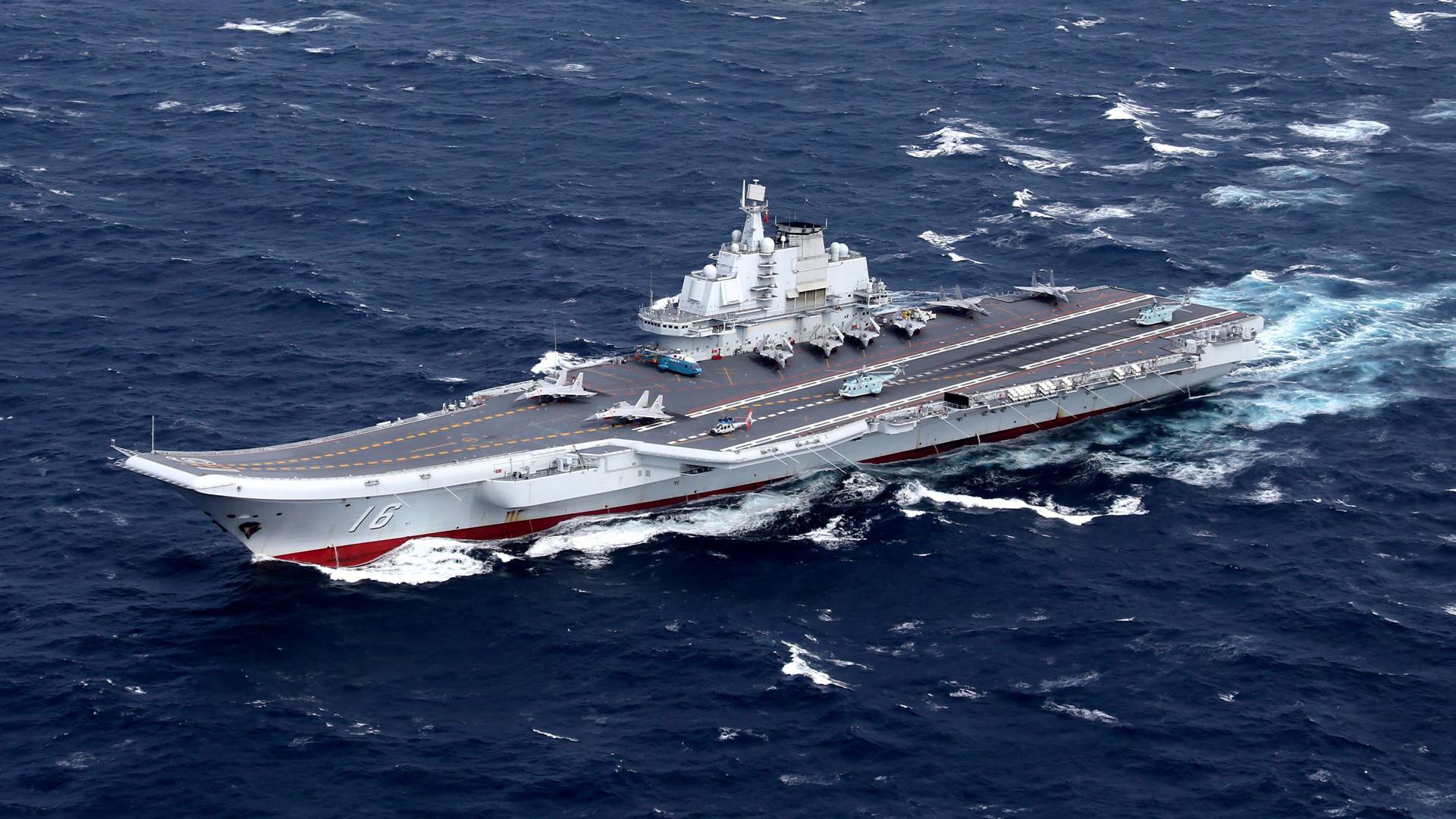Construction of the fourth ship resumed earlier this year once delays as Beijing continues to flex its armed service power

China is building its fourth aircraft carrier because it seeks to spice up its naval power within the Asia-Pacific region, and also the vessel is “likely to be nuclear powered”, a replacement report unconcealed on Saturday, citing sources on the point of the country’s military, Aljazeera told us.
The South China Morning Post quoted someone close to the Chinese navy as a speech that shipbuilders “are keen on creating a big breakthrough” with the development of the fourth carrier.
“It is going to be a technological leap for the building industry,” the supply told the Post.
Another unknown source conjointly told the publication that Chinese officers are learning a proposal “to use atomic energy for the fourth carrier”.
The person failed to say if a judgement was made, however, told the Post it’d be “a terribly daring decision that’s choked with challenges”.
Construction of the fourth ship, which has already been delayed for 2 years, resumed earlier this year.
Currently, there are two Chinese craft carriers already operative and a 3rd one that is expected to be launched this year – none of them has nuclear capability.
China has constructed the arena’s biggest army. Now, what is Beijing going to do with it?
Growing armed service arsenal
It was solely in 2017 once China launched its 1st domestically created craft carrier, associate exceedingly in demonstration of the growing technical sophistication of its defence industries.
The 50,000-tonne carrier, called Shandong, relies on the Soviet Kuznetsov-class design, with a ski jump-style deck for coming out and a traditional oil-fuelled turbine power plant.
The alternative vessel operating is that the 60,000-tonne Liaoning aircraft carrier, that was bought from Ukraine.
The third one, expected to be in operation this year, has a calculable displacement of concerning 85,000 tonnes, in step with the Post report.
It was reported in 2017 that China was already building a vessel at a work outside Shanghai that’s expected to be nearer in size to the U.S. Navy’s nuclear-powered 100,000-tonne Nimitz-class ships, with flat flight decks and catapults to permit planes to launch with additional bombs and fuel onboard.
Aside from the 2 craft carriers in operation, China already has in its arsenal over a dozen nuclear-powered submarines.
China is functioning to hone its carrier operations however has very little expertise compared with the United States, which has operated integrated carrier battle teams with multiple vessels for decades.
China claims most of the energy-rich waters of the South China Sea, wherever it’s established military outposts on artificial islands.
That claim has been declared as while not legal basis by the International Court of Arbitration at The Hague. China refused to participate in the case and later fired the ruling as “null and void”.
Since the court ruling, tensions increase further, with the U.S. and its allies increasing the number of its armed service exercises and patrols in the South China ocean, declarative freedom of navigation in open seas, to the chagrin of Beijing.
The US often accuses China of militarizing the South China Sea and attempting to intimidate Asian neighbours who would possibly need to take advantage of its intensive oil and gas reserves.
In response, China has conjointly begun to perform additional military exercises and patrols.
In December, the Shandong flattop sailed through the Taiwan Strait on its thanks to routine drills within the South China Sea, simply each day once a U.S. warship knowledgeable constant stretch of sea.
Europe is focusing on ‘tech sovereignty’ as tensions flare among the U.S. and China
In January, Peking also passed a law that for the primary time expressly allowed its military service to fireside on foreign vessels.
The Coast Guard Law empowers it to “take all necessary measures, as well as the employment of weapons when national sovereignty, sovereign rights, and jurisdiction are being lawlessly infringed upon by foreign organizations or people at sea”.
Amid alarm among the countries close to the sea, China aforementioned the law was a “normal domestic” live that wasn’t aimed at a selected country.
Napomena o autorskim pravima: Dozvoljeno preuzimanje sadržaja isključivo uz navođenje linka prema stranici našeg portala sa koje je sadržaj preuzet. Stavovi izraženi u ovom tekstu autorovi su i ne odražavaju nužno uredničku politiku The Balkantimes Press.
Copyright Notice: It is allowed to download the content only by providing a link to the page of our portal from which the content was downloaded. The views expressed in this text are those of the authors and do not necessarily reflect the editorial policies of The Balkantimes Press.
